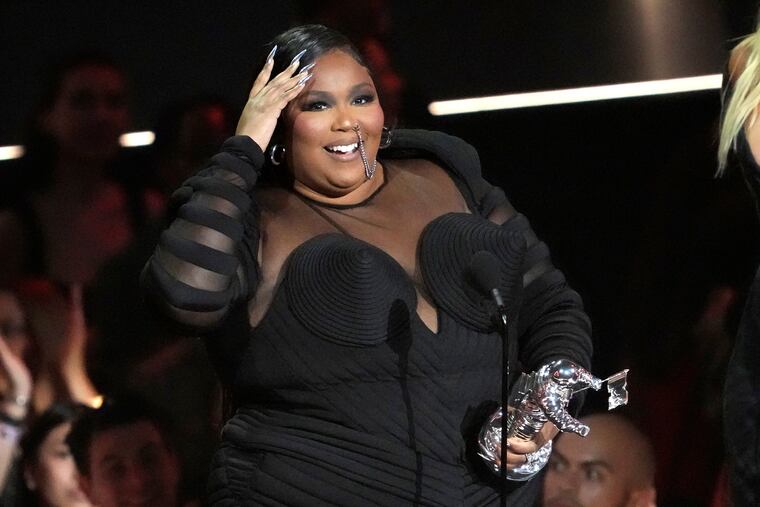Pop music is full of inappropriate lyrics. Here’s how to use your kids’ favorite tunes to advance body positive messages.
Adolescents who listen to degrading sexual lyrics that objectify women are more likely to engage in riskier sexual behavior than those who listened to non-degrading lyrics.

The average adolescent listens to at least 2½ hours of music every day. Face the music; they’re probably listening to pop songs more than they’re listening to you (just saying).
Sexual language in pop music lyrics has been on the rise since the 1950s.
That’s understandably concerning for parents. According to the University of Michigan’s Institute for Social Research, the shift to more sexualized lyrics may increase acceptance for casual sex among adolescents. Pop songs typically don’t address the risks of sexual activity. A ballad about sexually transmitted diseases is unlikely to be a Billboard 100 hit.
But not all sexual lyrics have the same effect on teens. Research has found that adolescents who listen to degrading sexual lyrics that use slang terms to refer to sex and objectify women are more likely to engage in riskier sexual behavior than those who listened to non-degrading sexual lyrics, such as songs about “making love.”
In recent years, more pop artists are using their music to have a positive influence on our children, promoting body positivity and self-love and raising awareness about important issues.
Take Jax’s “Victoria’s Secret,” which employs the name of the lingerie retailer known for its svelte models to talk about unrealistic expectations of women’s bodies:
Other musicians are using their lyrics to encourage body acceptance and body positivity. “Body positivity” has its origin in the 1960s when the National Association to Advance Fat Acceptance, an organization that promotes acceptance of all bodies, campaigned for equal rights for people of higher weights.
Decades later, Lizzo, a singer, rapper, and flutist, has become one of the most influential advocates of body positivity. Her social media accounts are full of messages about loving your body and not allowing others to define your self-worth, and her most popular songs echo those themes. Take, for instance, her recent hit “Naked.”
And later in the song:
Listen to this — male artists, such as J. Cole in his song “Crooked Smile” are also recognizing the social pressures on women and girls and encouraging body positivity:
Our advice to parents
Pop music is not going anywhere. Asking teenagers to refrain from listening to pop music will make it only more appealing (because they’re teenagers).
Use their interests to your advantage. Strike up a conversation about the lyrics of their favorite songs — positive or not — to make talking about sex easier.
The car is a great place to listen to music and to talk about sex. Your teen can’t escape, and neither can you. It can also be an opportunity to share your opinions and values, remind them that they can talk to you about anything, and that your love for them is unconditional.
Like the chorus of a good song, some things are worth repeating.
Grayton Downing is a pediatric resident and Rima Himelstein is an adolescent medicine specialist at Nemours Children’s Hospital in Delaware.